Now more than ever, food and beverage companies are capitalizing on growing consumer interest in environmentally sustainable products. And while there is no overarching agency regulating the use of the word “sustainable” on labels, one way companies can help consumers understand a product’s environmental impact is by identifying its carbon footprint. As concern about climate change continues to escalate among consumers, a brand’s carbon footprint may soon become an important point of differentiation. That’s why many brands are working towards becoming carbon neutral.
Carbon Neutrality in the Food and Beverage Industry
According to the World Health Organization, a carbon footprint is “a measure of the impact your activities have on the amount of carbon dioxide (CO2) produced through the burning of fossil fuels and is expressed as a weight of CO2 emissions produced in tonnes.” A food company’s carbon footprint can include direct emissions from fossil fuel combustion in manufacturing, heating, transportation and electricity.
Certified Carbon Neutral, an agency providing guidelines for businesses trying to achieve carbon neutrality, explains companies can do so through a combination of implementing efficiency measures in-house and by supporting external emission reduction projects. Climate Neutral, a nonprofit working to decrease global carbon emissions, also works with brands to reduce their carbon footprints and provide certification. While these agencies have certified many companies in tech, media, health and beauty, fashion and other sectors, food and beverage is a difficult industry when it comes of achieving carbon neutrality.
Meat and dairy, specifically beef, lamb and cheese, are the top three highest greenhouse gas emitters in food production. While they contribute less in transport, retail and packaging, they require a vast amount of land use, farm resources and animal feed. Plant-based foods such as soy milk, produce and nuts, on the other hand, fall much lower on the list and companies that specialize in those products may have a higher chance at achieving carbon neutrality.
Becoming carbon neutral in the food and beverage industry is not impossible. Here are some of the companies that have already become carbon neutral.
1. Maple Leaf Foods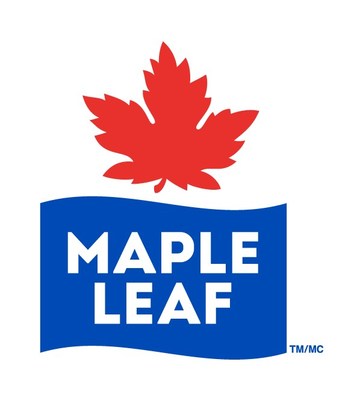
In November 2019, Maple Leaf Foods announced it had become the first major food company in the world to become carbon neutral. To many, this announcement may have come as a shock considering Maple Leaf Foods primarily produces and distributes meat. It is one of just three animal protein companies worldwide, and the only Canadian brand, to set Science Based Targets, an initiative that aligns global greenhouse gas emission reductions with the goals of the Paris Agreement on Climate Change.
So how did an animal protein company become carbon neutral? According to Maple Leaf’s website, it did so by “aggressively reducing our greenhouse gas emissions and investing in high-impact environmental projects to neutralize our remaining and currently unavoidable emissions.” In other words, since meat production inescapably emits greenhouse gases, Maple Leaf invested in North American projects to offset its carbon footprint, bringing it to zero.
The company has reduced around 86 million kilowatt hours of electricity and over 4.3 million m3 of natural gas since 2015. It has avoided carbon-intensive activities, such as building new processing plants in areas with little access to renewable resources, invested in renewable energy and natural gas and found other ways to embrace a more circular economy approach.
Related: Move Over Nutrition Labels, Carbon Footprint Labels are Coming to a Snack Near You
2. Yorkshire Tea
Owned by Taylors of Harrogate, Yorkshire Tea became carbon neutral after five years of supply chain projects. The top-selling UK tea brand produces over five billion tea bags per year and exports to 28 countries, so how did it become carbon neutral?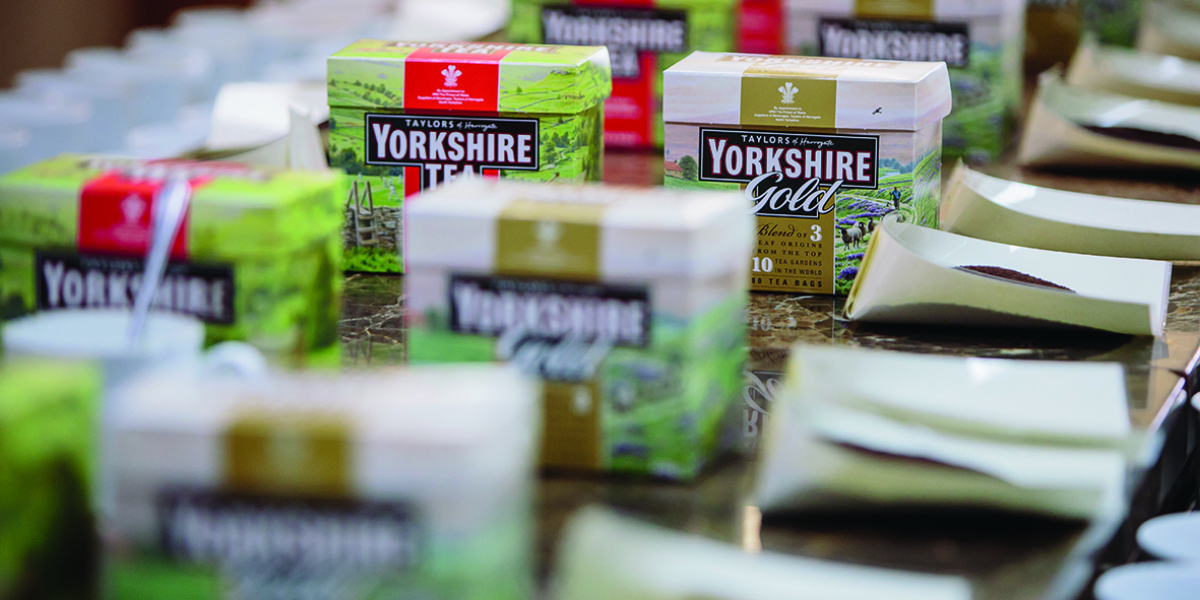
In 2015, Yorkshire Tea partnered with Natural Capital Partners to verify the volume of carbon emitted by the business in the UK and at every stage of the supply chain, from tea bush to wholesale. Then, it worked with The International Small Group and Tree Planting Programme to encourage small tea farmers to plant fruit and nut trees around tea gardens, which help soak up carbon and provide shade for wildlife.
Additionally, 100 percent of gas and electricity at Yorkshire Tea’s headquarters comes from renewable resources and its on-site solar panels generate roughly enough energy to power 80 UK homes a year. While the company faced major challenges to offset its carbon emissions that run to nearly 50,000 tonnes every year, its efforts have been successful and pioneering for other companies aspiring to achieve carbon neutrality.
3. Bread Alone

Founded in 1983 in the Catskills, New York, Bread Alone is a family-owned, organic, values-driven bakery. The company’s products can be found in retail locations in the tri-state area, at farmers’ markets around New York City and four of its cafes. Bread Alone has been working toward carbon neutrality since it was founded, and in 2019, it partnered with Climate Neutral to purchase carbon credits to offset its footprint.
Bread Alone would not have achieved carbon neutrality without its partnerships with various organizations. It partnered with Toast Ale USA, which reclaims surplus bread and turns it into beer. It also partnered with 1% For The Planet, a global movement that encourages businesses to tackle ecological challenges.
Along with its partners, Bread Alone delivers its products using a fleet of efficient 4-cylinder diesel trucks and hopes to be an early adopter of electric delivery trucks. It bakes thousands of loaves of bread each hour using a thermo-oil system that use a single gas burner.
These carbon-neutral brands are proving that no matter the size, almost any food and beverage brand can reduce its environmental impact and work toward carbon neutrality. While it may require a massive manufacturing overhaul and require significant investment and time, food and beverage brands that achieve carbon neutrality are likely to be recognized by consumers as a better, more reliable choice.

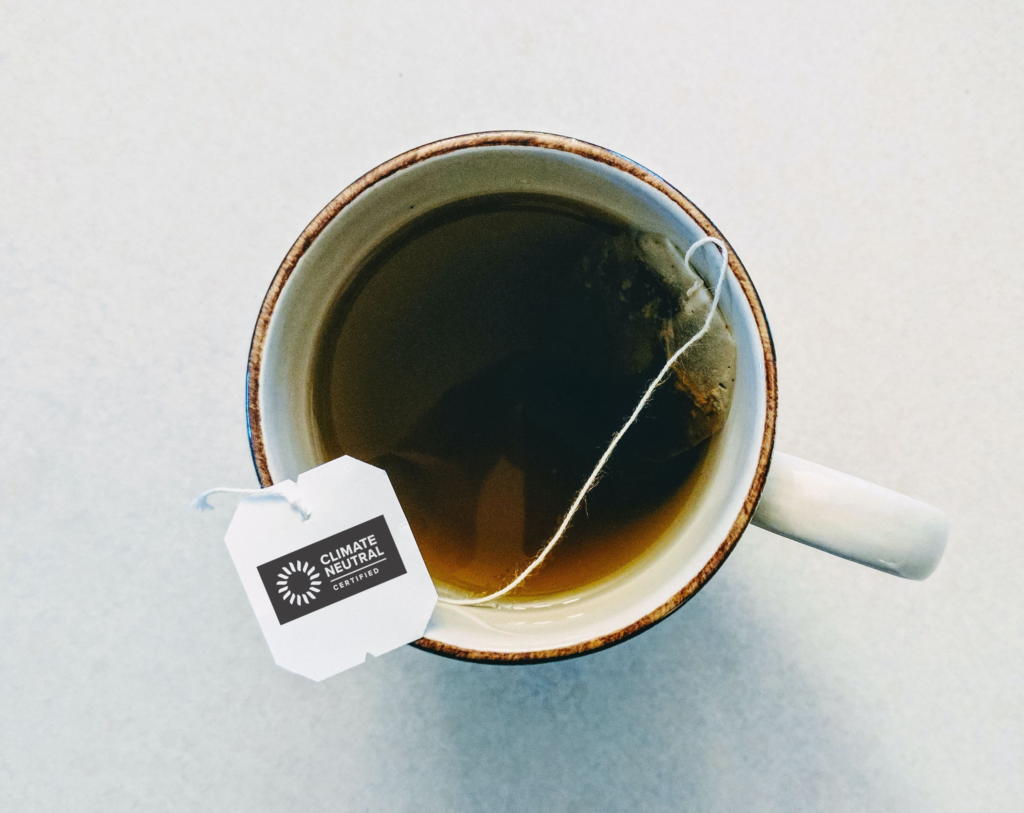
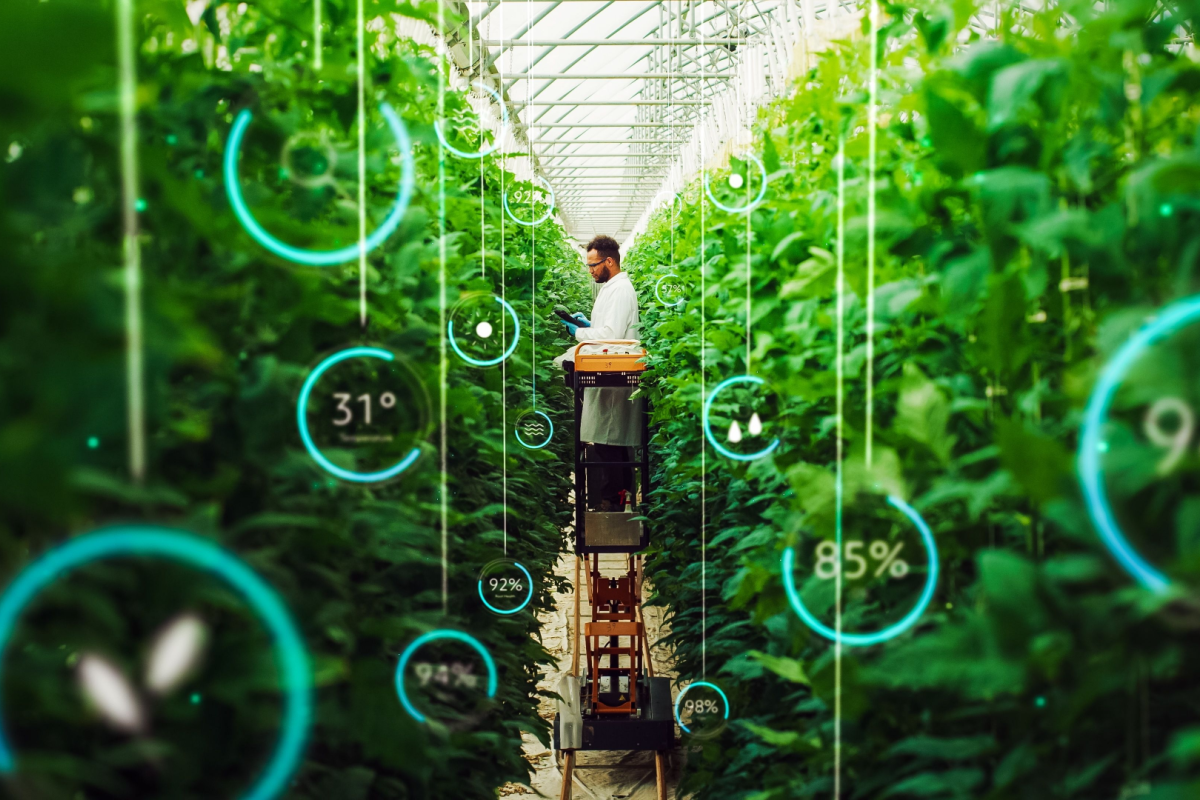
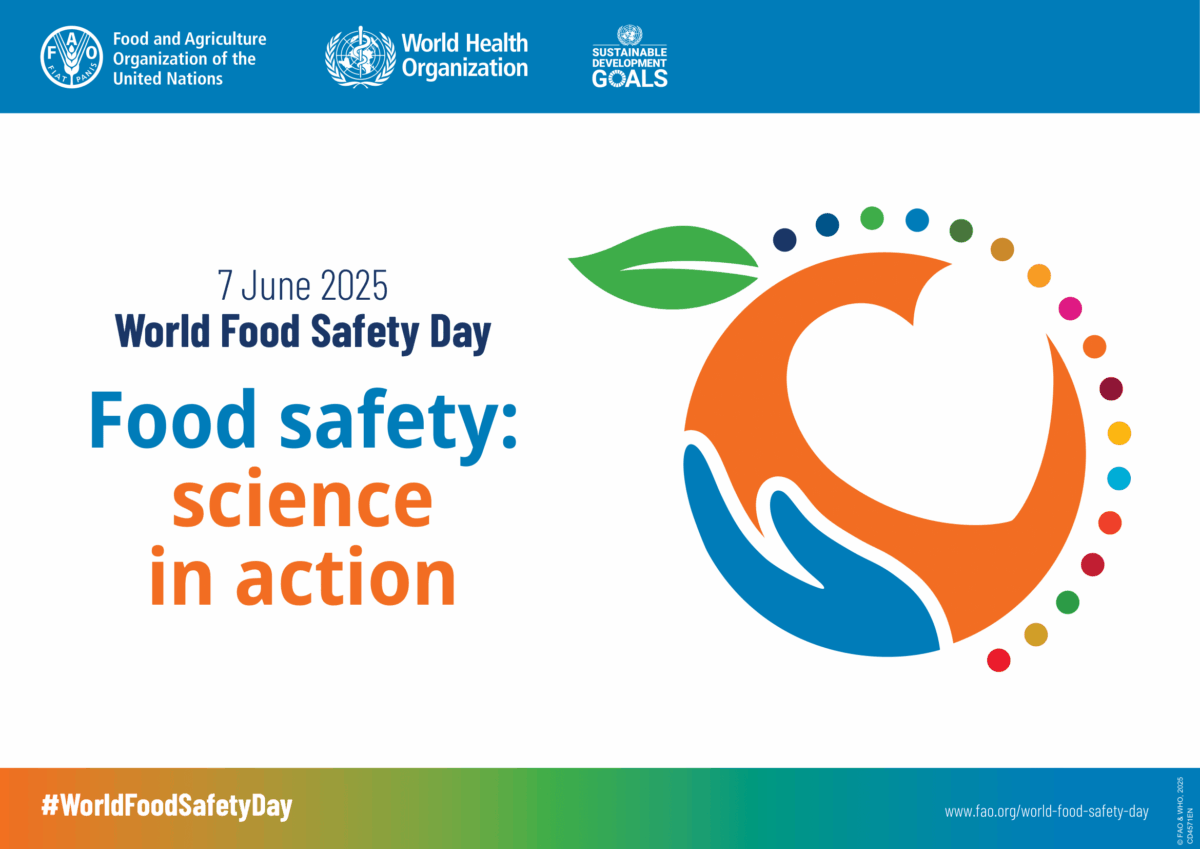
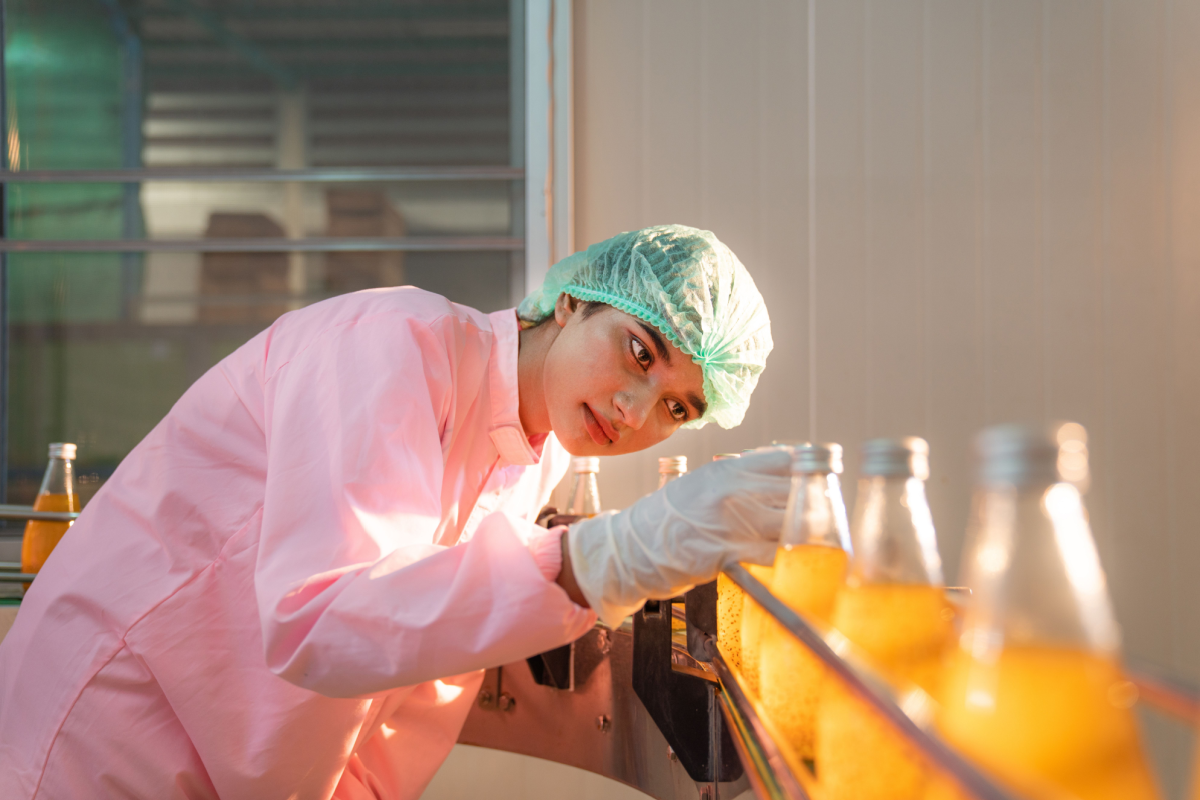
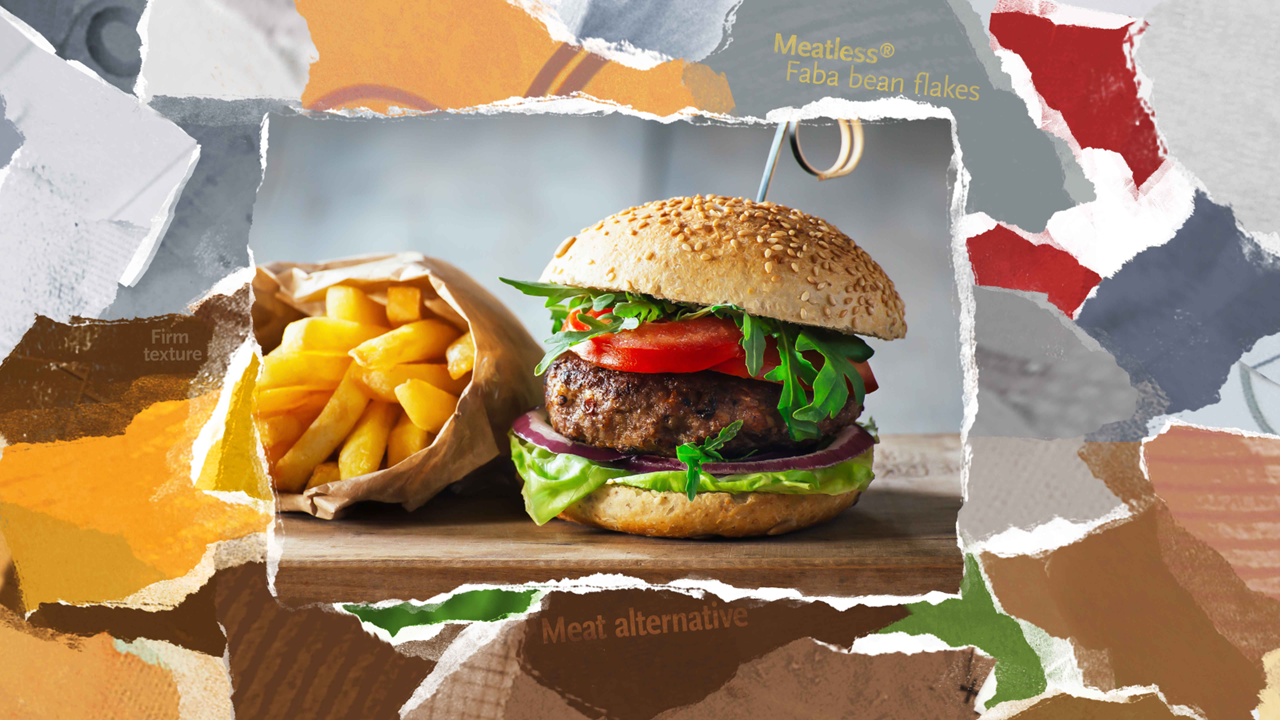
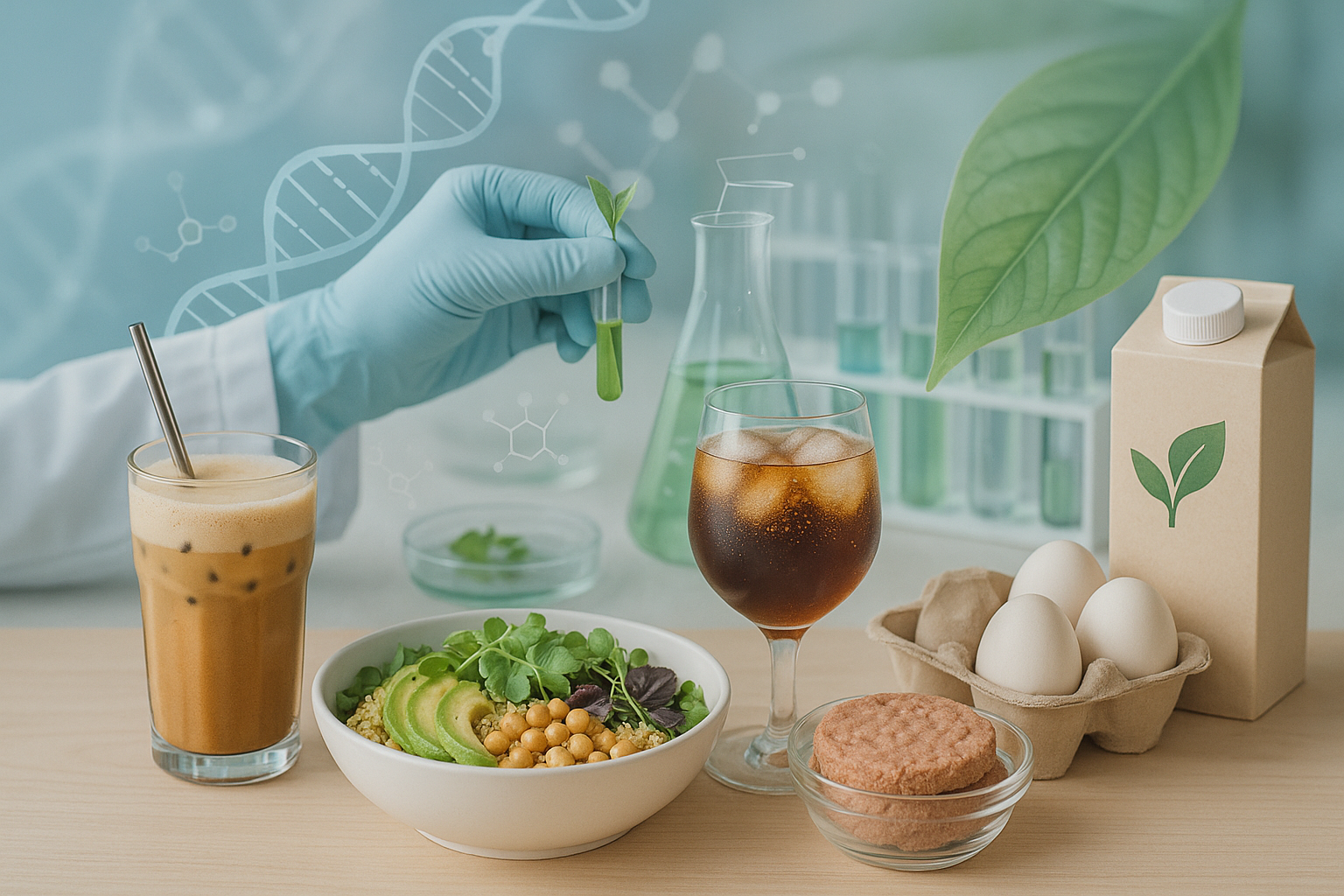





Join or login to leave a comment
JOIN LOGIN